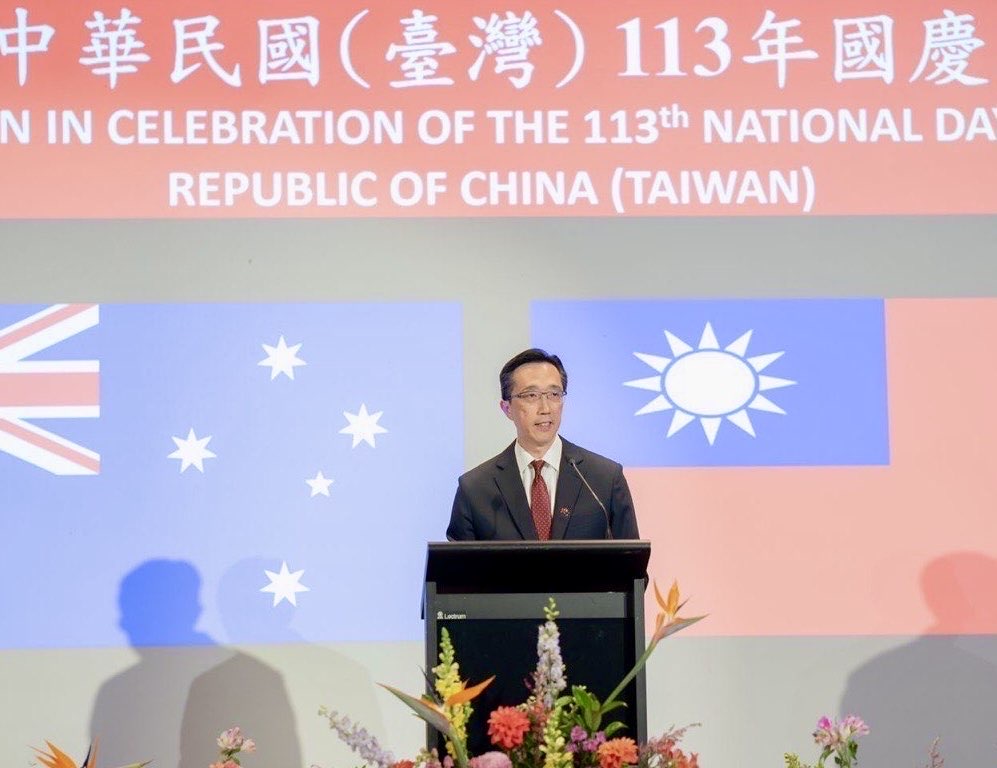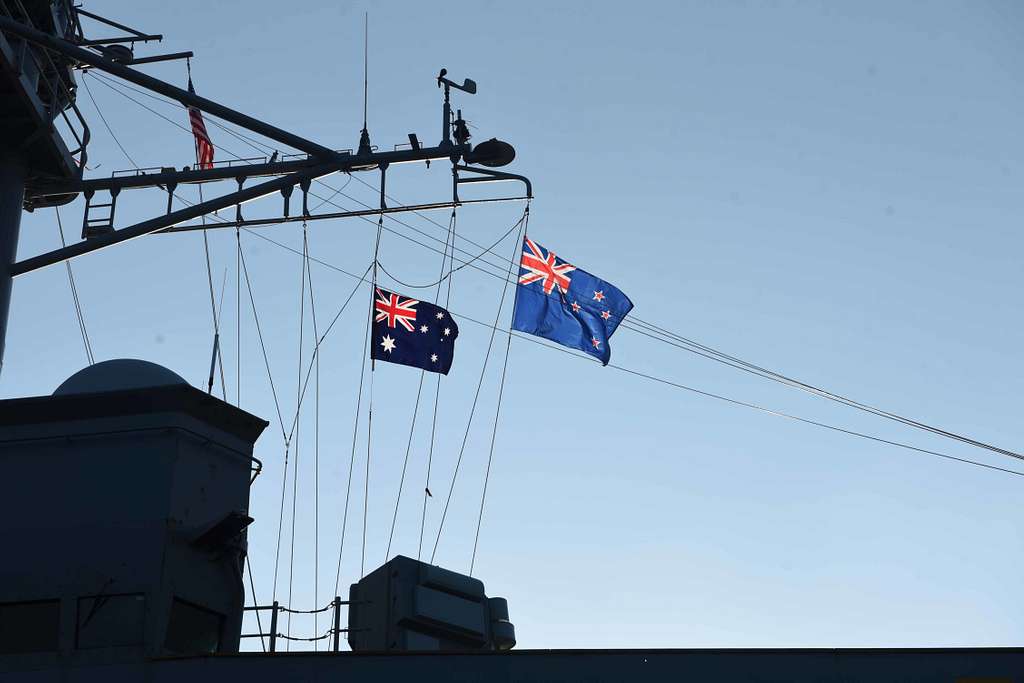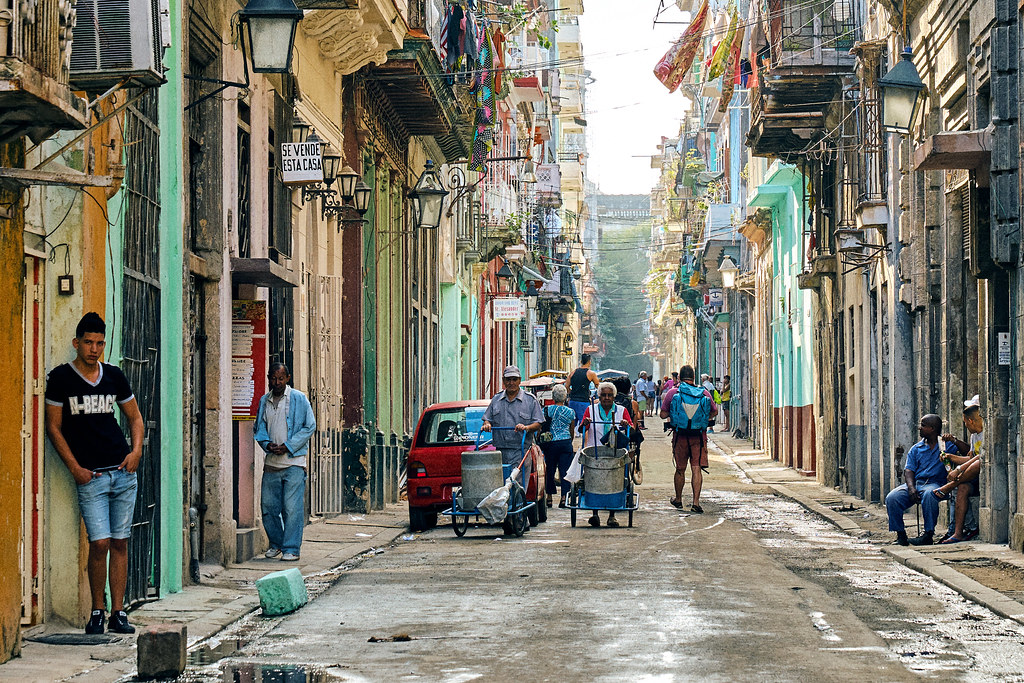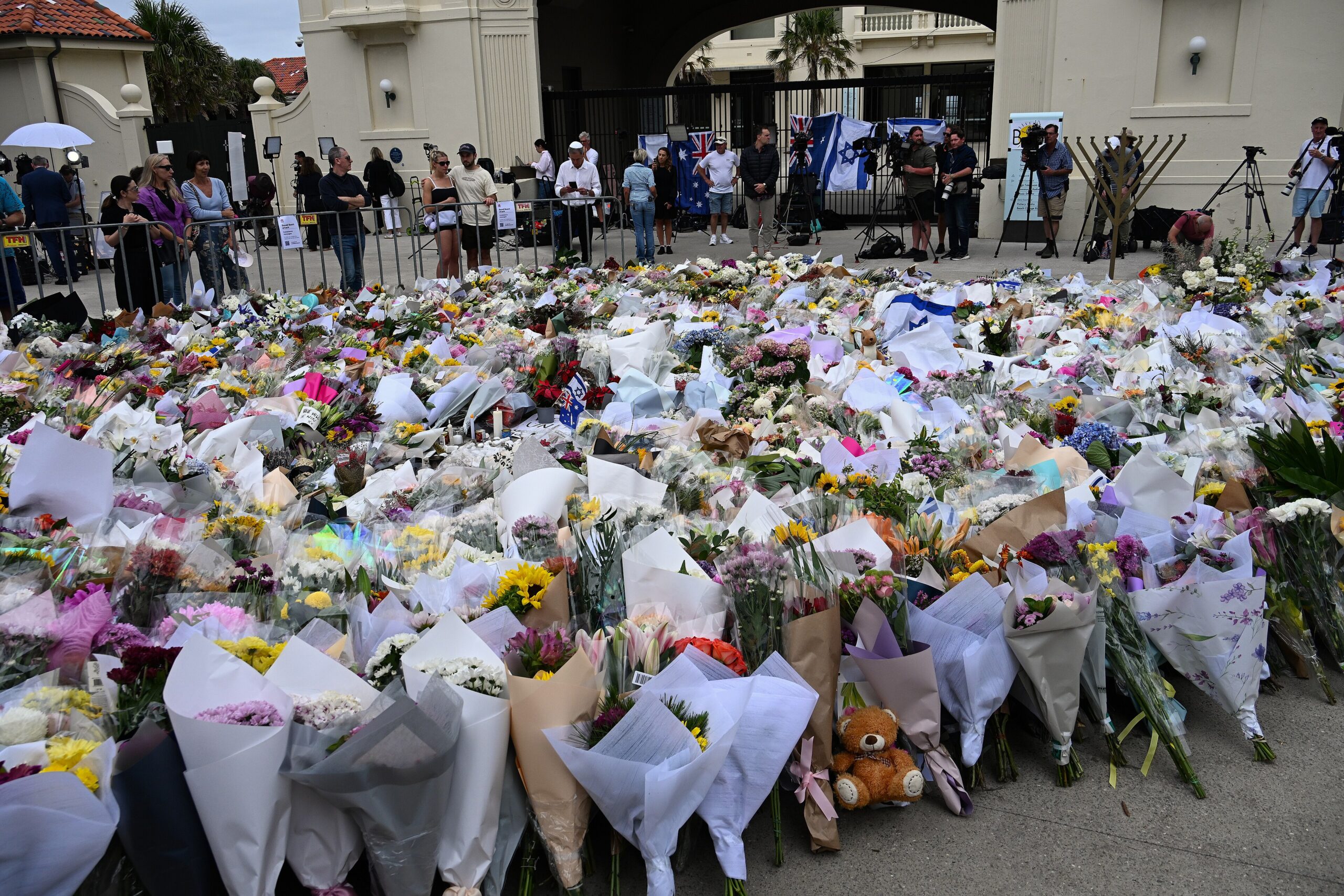Taiwan’s exclusion from the International Civil Aviation Organisation for over a decade has created operational challenges in managing one of Asia’s busiest flight information regions, according to Douglas Hsu, Chief Representative of the Taipei Economic and Cultural Office in Australia. The exclusion occurs amid increasing air traffic, climate-related turbulence changes, and technical risks that require international collaboration to maintain aviation safety standards.
The 80th session of the United Nations General Assembly, which kicked off this week in New York, will see an extension of China’s campaign to exclude Taiwan on the world stage by way of their misrepresentation of United Nations General Assembly Resolution 2758.
The People’s Republic of China has a long history of falsely arguing that this resolution, which also determined Taiwan’s status and thus prevents Taiwan’s participation in the UN.
To be clear, the resolution did not mention Taiwan at all, nor did it state that Taiwan is part of the People’s Republic of China (PRC). And it did not grant the PRC the right to represent Taiwan in the UN system. Resolution 2758 simply addresses China’s representation in the United Nations, end of story.
China’s assertion of its own facts has been backed up by a campaign of coercion against countries and international institutions, with stakeholders told that Taiwan’s inclusion would lead to dire consequences.
But while there is a growing movement among free nations to reject the PRC’s twisting of history and correct this a long-standing injustice, the danger of Taiwan’s exclusion looms larger each day. Indeed, it is no more apparent than in aviation safety.
The UN’s International Civil Aviation Organisation (ICAO) is responsible for ensuring the safe and sustainable growth of global air transport. To manage this mammoth task, the ICAO relies on a system of independently managed Flight Information Regions which form a mosaic of visibility, but where any gaps compromise the durability of the entire system.
Taipei sits at the very centre of key Asia’s busiest trade and transport routes. It is managed by Taiwan’s Civil Aviation Authority (CAA), an organisation that has been lauded for its world-class aviation safety practices since its founding in 1947. The CAA is today proactively preparing for the next generation of air traffic control systems and is implementing safety programs to meet future challenges.
The CAA has been forced to do this work in the dark. It has been excluded from ICAO meetings for over a decade, its last attendance in 2013. This isolation sits against a backdrop of increasing and unprecedented challenges:
- Military aggression: The PRC persists in the dangerous misconception that it has authority over the Taipei FIR, unilaterally closing the airspace for exercises, flooding the region with unauthorised aircraft, and firing several ballistic missiles into the area. These grey-zone tactics deliberately undermine regional stability and the rules-based international order.
- Environmental threats: Climate change is drastically altering turbulence patterns, making weather prediction for aviation operators increasingly difficult.
- Technical risks: The growing risk of cabin fires from consumer electronics and power banks presents a significant and ongoing threat to passenger safety within the Taipei FIR.
In this environment of heightened geopolitical challenges and mounting technical challenges, Taiwan’s CAA, though exemplary, cannot maintain its high standards in isolation.
Aviation safety knows no borders. The safety of the countless passengers and cargo flights passing through one of the world’s busiest regions is at stake. The ICAO must invite the Taiwan Civil Aviation Authority to its future meetings to ensure seamless collaboration and prevent loss of life in the skies.
More broadly, as the United Nations works to achieve its founding vision of “leaving no one behind,” it is time to end the unjust and dangerous exclusion of a democratic and capable partner. The world can no longer afford the blind spots created by political pressure. We invite the world to “chip in” with Taiwan by recognising its rightful place on the world stage. Only by working together can we create a better and brighter future for the Indo-Pacific region and the world.
Douglas Hsu is the Chief Representative of the Taipei Economic and Cultural Office in Australia.
Australian Outlook occasionally publishes pieces by figures representing government or other bodies. As with all pieces published by Outlook, these are edited and checked for facts. They do not, however, represent the view of Outlook or the Australian Institute of International Affairs.
This article is published under Creative Commons License and may be republished with attribution.





